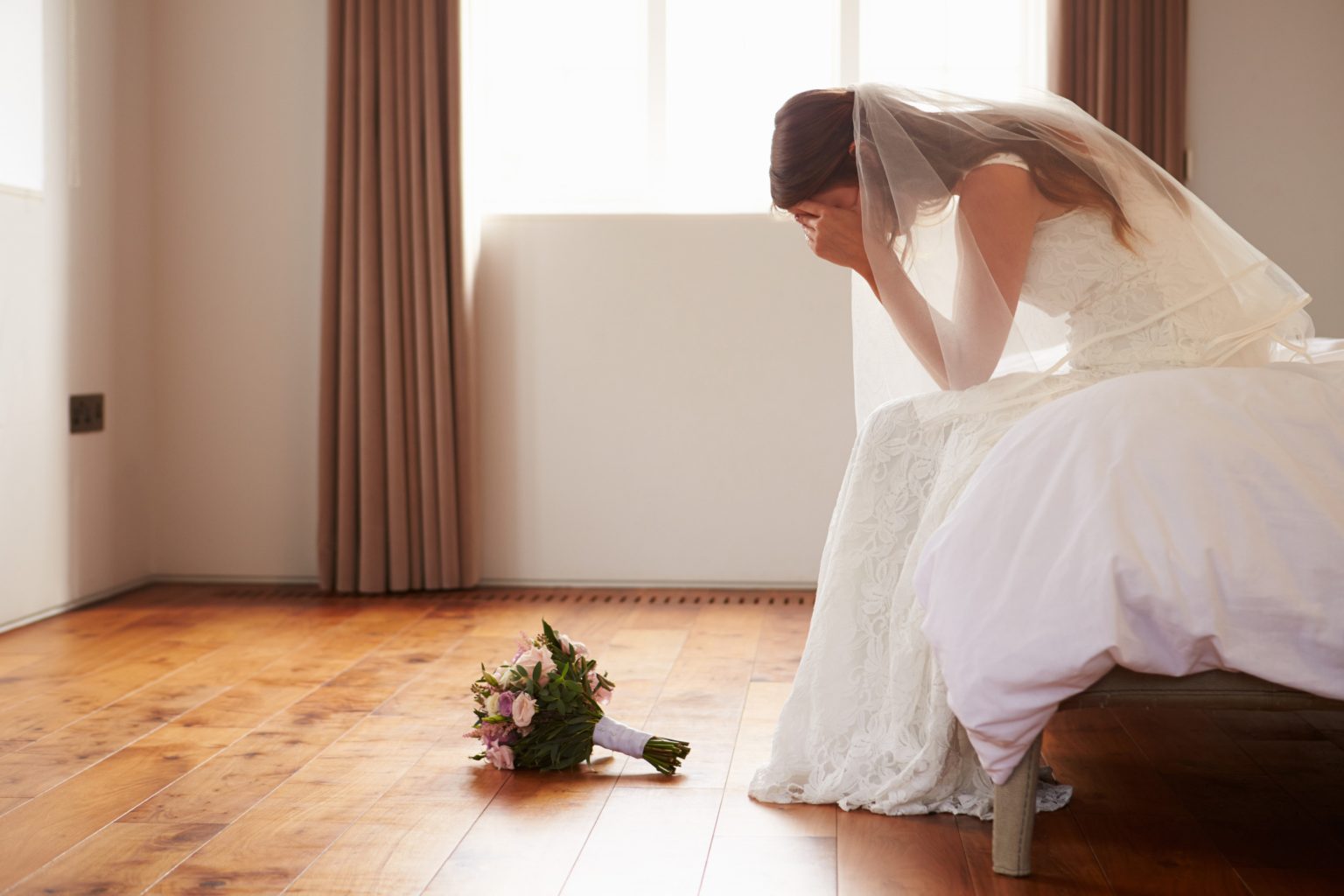A recent Reddit post ignited a passionate debate about wedding etiquette and whether the long-standing tradition of guests avoiding white attire is fading. The original poster (OP), a newlywed bride, expressed her surprise and confusion after discovering numerous guests, including her mother-in-law, wearing white or cream-colored outfits in her wedding photos. While she hadn’t noticed the majority of these outfits during the ceremony, their prominence in the pictures sparked her concern. The OP’s mother-in-law, notably, wore a full-length white gown, which, in photographs, appeared remarkably similar to a wedding dress. Adding to the OP’s dismay, several other guests also opted for white or cream ensembles, some adorned with floral embroidery. This unexpected turn of events led the bride to question whether she was simply out of touch with current trends or if wedding traditions were truly evolving.
The OP’s post quickly garnered a flurry of responses, with the vast majority of Reddit users vehemently asserting that wearing white to a wedding remains a significant social faux pas. Many commentators expressed their disapproval of the guests’ attire choices, labeling them as “tacky” and insensitive. Several users offered the OP suggestions for dealing with the situation, including digitally altering the photos to change the color of the offending outfits. The consensus among these respondents was that the guests had disregarded a fundamental rule of wedding etiquette, regardless of any perceived shift in modern customs. This strong reaction underscores the enduring significance of this tradition for many people.
While the dominant sentiment on Reddit condemned the guests’ attire choices, a smaller contingent of users suggested that the guests might have been unaware of the couple’s preference against white clothing. They pointed out that the dress code, which included a request to avoid white, was listed on the couple’s wedding website and speculated that some guests might not have accessed it. This perspective highlights the potential for miscommunication and unintentional breaches of etiquette, particularly in the digital age where information may not always reach all intended recipients.
Wedding etiquette experts and planners overwhelmingly agree that wearing white to a wedding, unless specifically permitted by the couple, is a major breach of protocol. Lindsay Landman, a renowned wedding planner, cautions guests against wearing anything that could be mistaken for bridal attire, including shades like ivory, champagne, and even pale blush. Wedding Shoppe Inc. reinforces this guideline, listing “Do Not Wear White” as a cardinal rule for wedding guests. These expert opinions emphasize the continuing relevance of traditional wedding etiquette, despite evolving social norms. They highlight the importance of respecting the couple’s special day and avoiding attire that might detract from the bride’s central role.
The incident sparked a broader conversation about the evolution of wedding traditions. Some social media users argued that modern weddings are becoming less formal, with a relaxation of strict dress codes and customs. They suggested that certain long-held traditions, such as guests avoiding white, might be losing their relevance in this evolving context. However, the OP’s experience and the strong reactions it elicited demonstrate that, for many, the tradition of avoiding white remains deeply ingrained and symbolically important. The bride’s surprise at the number of guests wearing white suggests a potential disconnect between evolving social norms and the enduring significance of this particular tradition.
The Reddit post and subsequent discussions highlight the complex interplay between tradition and evolving social norms in the context of weddings. While some argue for greater flexibility and a relaxation of traditional rules, the strong reactions to the guests wearing white underscore the enduring significance of certain wedding customs. The incident serves as a reminder of the importance of clear communication between couples and their guests regarding dress code expectations, as well as the sensitivity surrounding attire choices for such significant occasions. Ultimately, the debate underscores the ongoing negotiation between tradition and modernity in shaping contemporary wedding etiquette.


